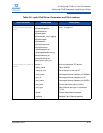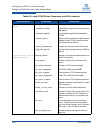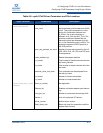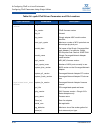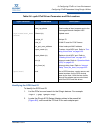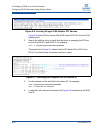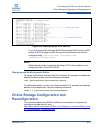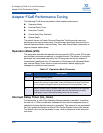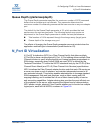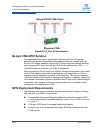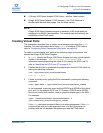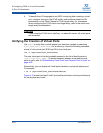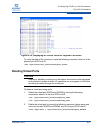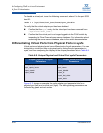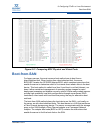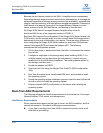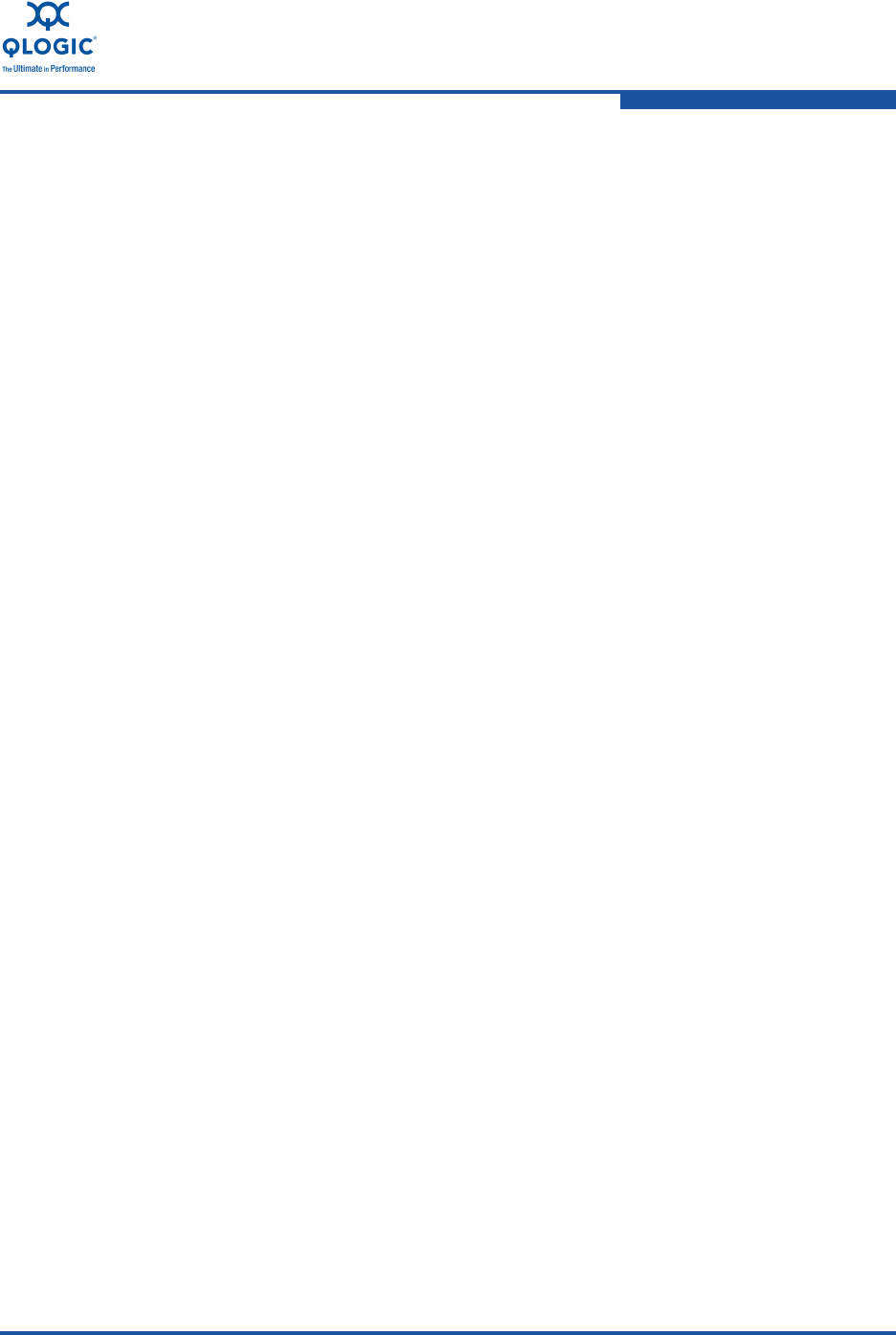
8–Configuring FCoE in a Linux Environment
N_Port ID Virtualization
FE0254601-00 A 8-23
Queue Depth (qla2xmaxqdepth)
The Queue Depth parameter specifies the maximum number of SCSI command
buffers that an adapter port can allocate. This parameter determines the
maximum number of outstanding commands that can execute on any one adapter
port.
The default for the Queue Depth parameter is 32, which provides the best
performance for most environments. The following factors may require an
adjustment to the Queue Depth parameter to obtain the best performance:
Total number of LUNs exposed through the storage array (target) ports
Queue depth of the storage array port
The effects of changing the Queue Depth parameter are most evident when the
application workload type is transactional (small block size I/O).
N_Port ID Virtualization
N_Port ID Virtualization (NPIV) is a Fibre Channel facility that allows multiple
N_Port IDs to share a single physical N_Port. N_Port sharing allows multiple Fibre
Channel initiators to use a single physical port, easing hardware requirements in
SAN design, especially where virtual SANs are used. NPIV is defined by the
Technical Committee T11 within the INCITS standards body by the FC-DA (Fibre
Channel Direct Attach) and FC-LS (Fibre Channel Link Services) specifications.
NPIV virtualizes the Fibre Channel adapter function such that each VM running on
a server can share a pool of adapters, and maintain independent access to its
own protected storage. This sharing enables administrators to leverage standard
SAN management tools and best practices, such as fabric zoning and LUN
mapping/masking, and it enables the full use of fabric-based quality-of-service
and accounting capabilities. Adapter sharing also provides the most efficient use
of the adapters in the server, while ensuring the highest level of data protection.
NPIV allows a single, physical, Fibre Channel adapter port to function as multiple
logical ports, each with its WWPN, as shown in Figure 8-9.



